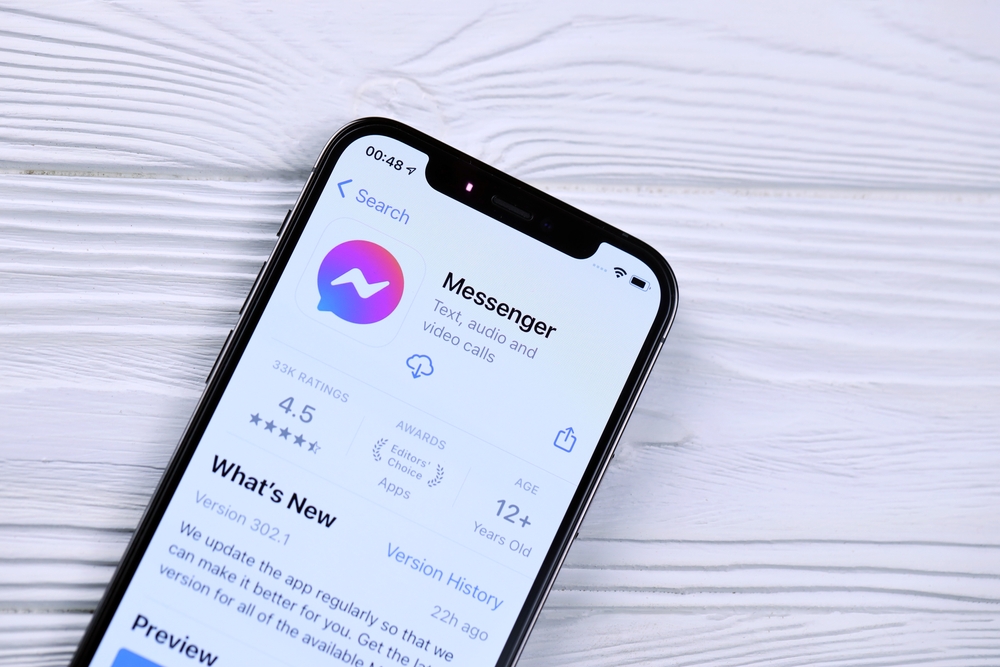Facebook has decided to merge its Messenger app back into its main app, allowing users to chat and connect with friends without the need for a separate app. The move comes after Facebook had made Messenger a standalone app in 2014, but is now reversing that decision.
Why the change?
According to Facebook, the decision to merge Messenger back into the main app was made after the company conducted research that showed people found it easier to use the messaging service when it was integrated into the main Facebook app. This also aligns with Facebook’s efforts to streamline its platform and reduce the number of apps users need to download and navigate.
What’s changing?
With the merger, users will be able to access Messenger features such as group chats, reactions, and augmented reality effects within the main Facebook app. Additionally, users who do not have a Messenger account will be able to message friends on the platform using their Facebook account.
When will this take effect?
Facebook has already started rolling out the merger to a small number of users, but it is expected to take a few months before the change is available to all users worldwide.
What does this mean for Messenger?
Messenger will still exist as a standalone app for those who prefer to use it separately from the main Facebook app. However, with the merger, the number of Messenger users may decrease as some may choose to use the integrated messaging service within the main app instead.
Facebook’s decision to merge Messenger back into its main app is aimed at streamlining the user experience and reducing the need for multiple apps, concludes NIXsolutions. While Messenger will still exist as a standalone app, the merger may cause some users to shift towards the integrated messaging service within the main app.

